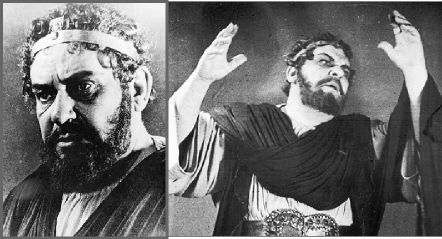What do you think?
Rate this book


75 pages, Paperback
First published January 1, 430
"Look and learn all citizens of Thebes. This is Oedipus.
He, who read the famous riddle, and we hailed chief of men,
All envied his power, glory, and good fortune.
Now upon his head the sea of disaster crashes down.”
"O god-
All come true, all busting to light!
O light- now let me look my last on you!
I stand revealed at last-”




"Look and learn all citizens of Thebes. This is Oedipus.
He, who read the famous riddle, and we hailed chief of men,
All envied his power, glory, and good fortune.
Now upon his head the sea of disaster crashes down.
Mortality is man’s burden. Keep your eyes fixed on your last day.
Call no man happy until he reaches it, and finds rest from suffering."



THE EYE THAT DIES




